The Importance of Protein in Women
Whether you're trying to conceive, pregnant, postpartum or trying to perform at an optimal level, protein is essential. But how much protein does one need?
Research is showing that a diet high in quality protein sources (either vegan or animal based) is especially important for women. Protein is essential not only for building and maintaining muslces, but it is fundamental for the structure, function, and regulation of the body's tissues and organs. The hormonal fluctuations in women often put us in a catabolic state, causing our bodies to break down muscle rather than build it. During peri and post-menopausal years, our sex hormones begin to fluctuate and decline, and we lose the anabolic (muscle-making) stimulus that estrogen helped provide. So we need more protein to pick up the slack where our hormones left off. It’s currently recommended that the optimal protein consumption for women is 0.8g - 1g of protein per lb of body weight.
As we age, we naturally lose muscle mass, and our body’s ability to synthesize protein also declines. The status of our muscle mass can be a determining factor for longevity. Low muscle mass is associated with higher instances of cardiovascular disease and metabolic syndrome. Higher muscle mass can also keep us independant for longer. Did you know that one of the biggerst reasons people get admitted into assisted living is because they are no longer able to get up off the toilet?
So, what can we do? Besides consuming enough protein to support our muscles from deteriorating, we need to incorporate strength training. Resistance training, will help actively build muscle mass and consuming enough protein in order to support our bodies to retain muscle mass as we age are two key factors in maintaining lifespan and healthspan.
Studies show that at some point in your 30s, you start to lose muscle mass and function. The cause is age-related sarcopenia or sarcopenia with aging. Those who are physically inactive can lose as much as 3% to 5% of their muscle mass each decade after age 30!
Women who are postpartum or breastfeeding have even more reason to consume a higher protein diet. As stated above, protein plays a key role in supporting the recovery and well-being of both the mother and the baby. During the postpartum period, protein is essential for tissue repair, hormonal regulation, immune function, and breastmilk production.
Stay tuned as we explore simple and affordable ways to increase our protein intake!

